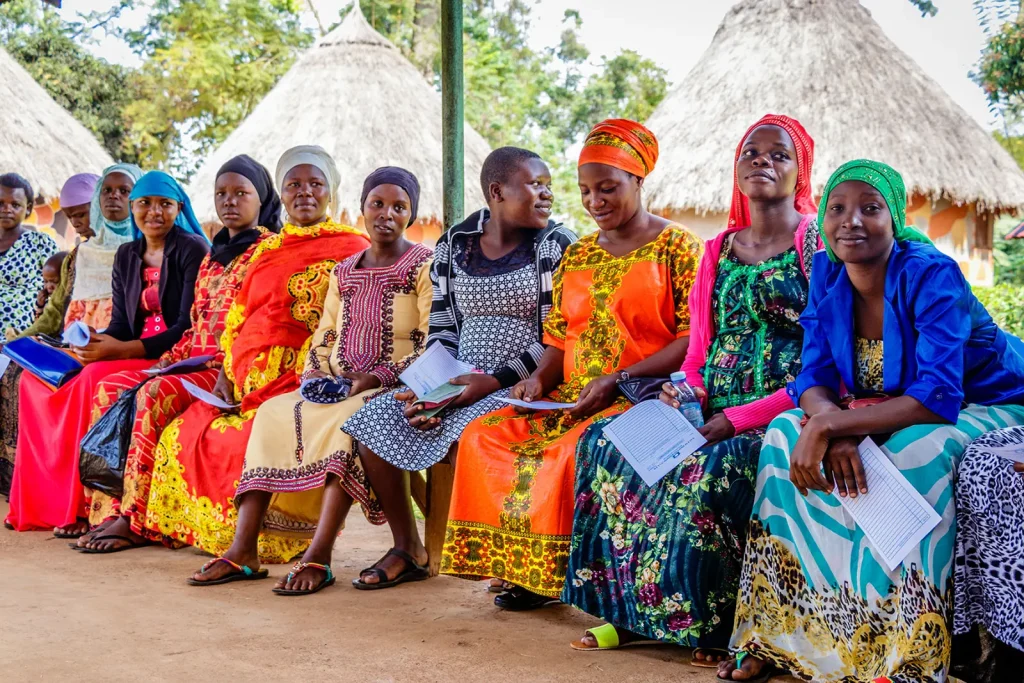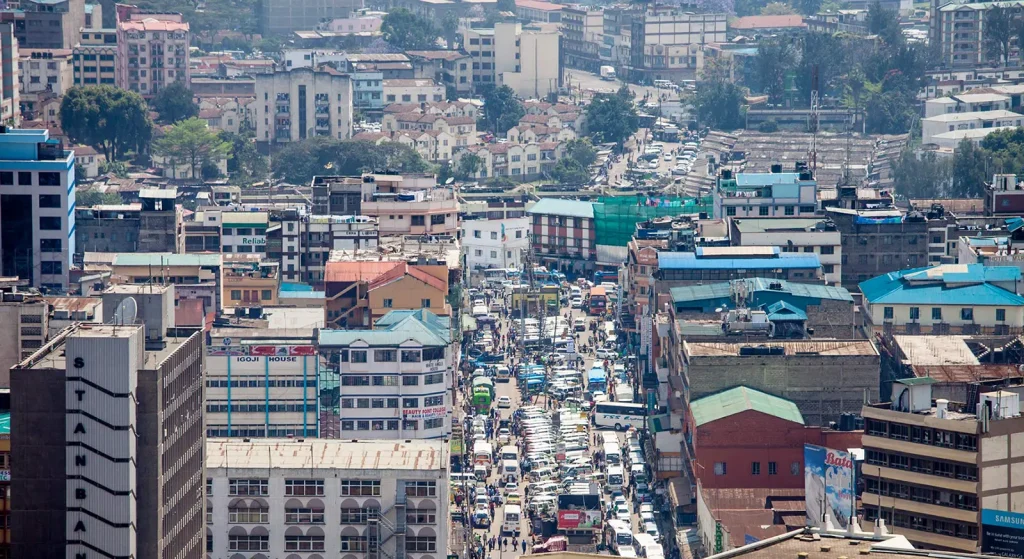Community Justice Services Policy Brief

Building on the merits of informal justice and alternative dispute resolution processes, many countries have developed community justice or informal justice programmes. Although informal justice processes come in many different forms, they tend to have a participatory nature, strive for consensus, focus on social harmony and promote restorative (conciliatory) solutions.
User-friendly Contracts Policy Brief

Contracts are essential tools for enabling cooperation between people. Although legal professionals are comfortable with such documents, most people find contracts difficult to understand. A growing group of scholars and innovators is trying to make contracting a more positive experience.
One-stop Shop Dispute Resolution Policy Brief

One-stop dispute resolution systems humanise legal procedures by giving people more control over how their disputes will be resolved. They gradually escalate the dispute resolution process, starting from allowing the disputing parties to negotiate, to having a neutral third party intervention.
Informal Justice in Ethiopia

Using data from three sources we quantify the market of the informal justice sector in Ethiopia and explore the transformative opportunities that informal justice can play in making People-centered justice a reality in Ethiopia.
Crime and Justice Innovation in Kenya

This report aims to investigate the potential of using innovative services for the improvement of criminal justice in Kenya. While the booming Kenyan innovation scene, the “Silicon Savannah”, is gaining global attention, it remains as a question for exploration how innovation could support the justice system which traditionally is understood as a public service.
Delivering Justice in the COVID-19 Crisis: Solutions and Interventions

In a follow-up survey on delivering justice in the time of COVID-19, 85 thought leaders shared their views about these questions with us. These leaders come primarily from Uganda, Bulgaria, the Netherlands and Syria.
Delivering Justice in the Covid-19 crisis

Thought leaders in the justice sector are concerned about a looming wave of legal problems. They expect incidents of injustice to surge. This may lead to civil unrest in some countries. Business as usual – by courts and police enforcing laws, with legal services available for the few – is unlikely to work.
